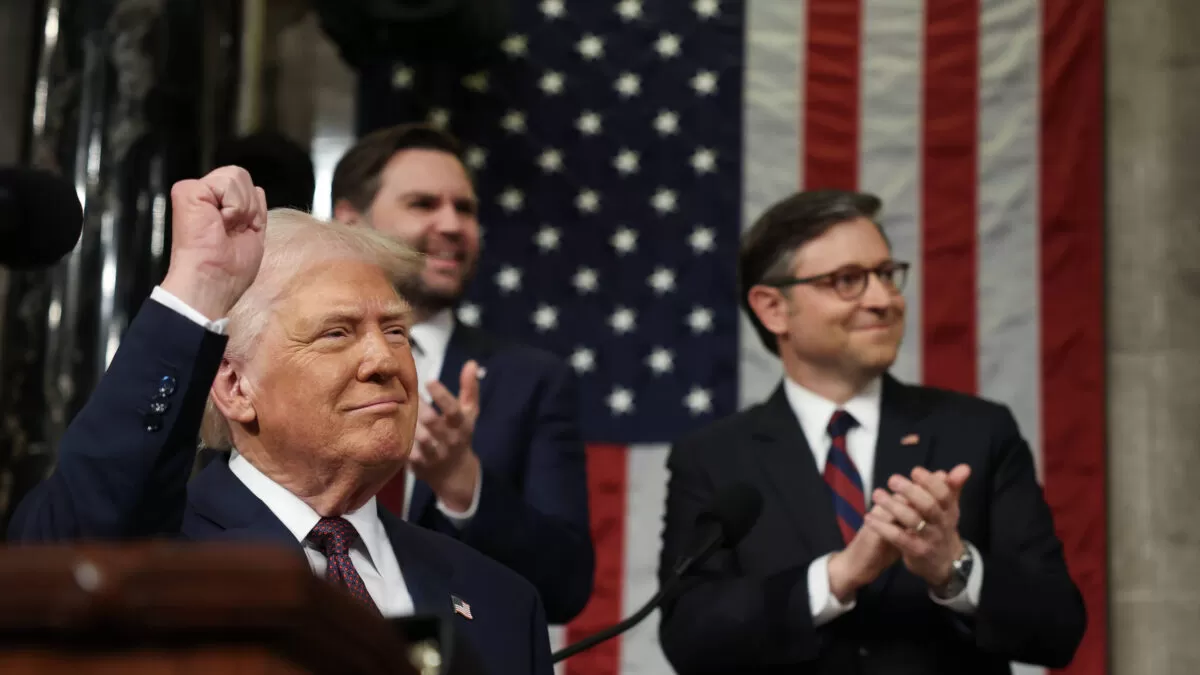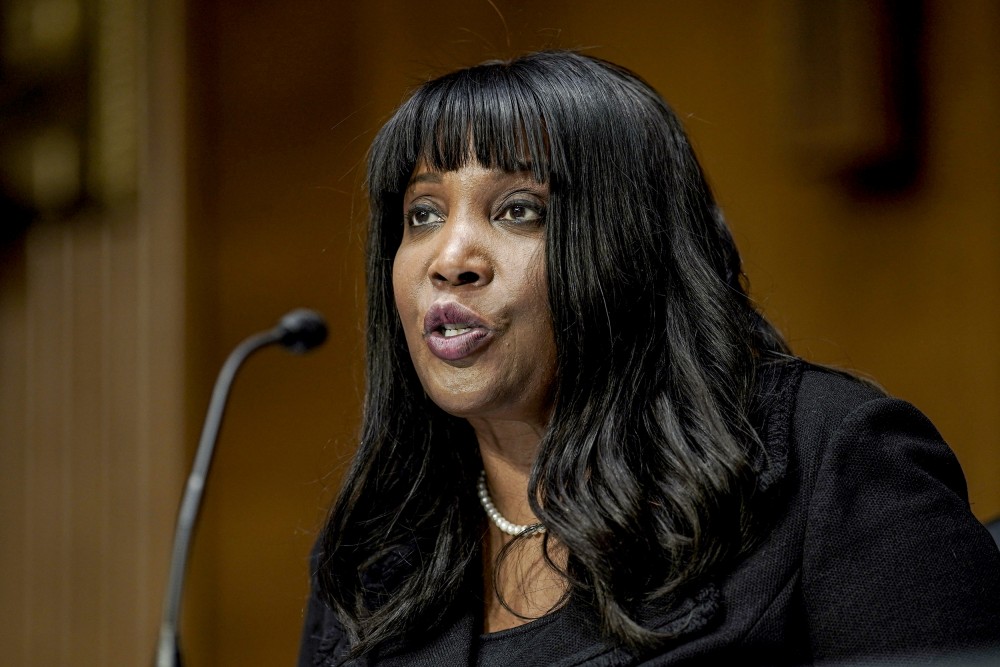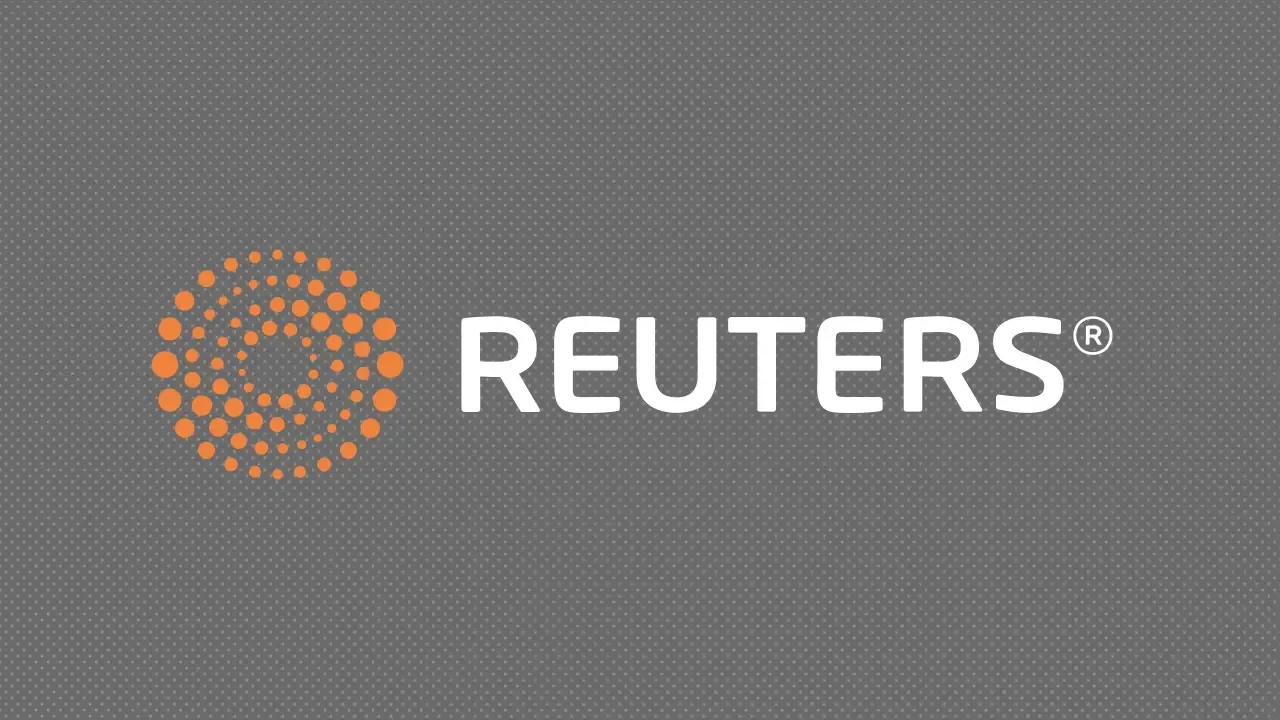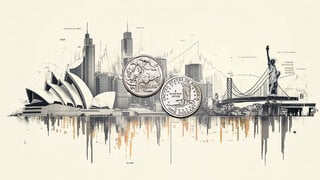from ITM TRADING, INC.
The ‘Big Beautiful Bill’ Will Add $2.4 Trillion to the Deficit
That total will rise to about $3 trillion once the interest costs of more borrowing are included.
by Eric Boehm
Reason.com
 In March, President Donald Trump stood before a joint session of Congress and vowed to “do what has not been done in 24 years: balance the federal budget.”
In March, President Donald Trump stood before a joint session of Congress and vowed to “do what has not been done in 24 years: balance the federal budget.”
The first major legislative package of Trump’s second term, however, will throw the federal budget farther out of balance, the Congressional Budget Office (CBO) concluded in an updated assessment of the bill.
The CBO estimates that the One Big Beautiful Bill Act, which cleared the House late last month and is awaiting a vote in the Senate, will increase deficits by $2.4 trillion over the next 10 years. The bill will reduce tax collections by an estimated $3.75 trillion over that period, while reducing government spending by an estimated $1.3 trillion.
Fed Governor Lisa Cook Sees Tariffs Raising Inflation and Complicating Rate Policy
Fed officials generally view tariffs as one-off occurrences for prices, but the broad range of the Trump levies could change the equation.
by Jeff Cox
NBC News
 Federal Reserve Governor Lisa Cook expressed concern Tuesday with the progress on inflation, saying recent lower readings could reverse after tariffs work their way through the economy.
Federal Reserve Governor Lisa Cook expressed concern Tuesday with the progress on inflation, saying recent lower readings could reverse after tariffs work their way through the economy.
In addition, Cook said she expects President Donald Trump’s moves on trade policy could take a toll on the labor market, though she noted that the economy for now is in relatively good shape.
“I do not express views on the Administration’s policies. But I do study the economic implications, which appear to be increasing the likelihood of both higher inflation and labor-market cooling,” the policymaker said in a speech to the Council on Foreign Relations in New York.
30 Trillion Dollars in 30 Years – The Greatest Party in the History of the World Has Destroyed America’s Future
by Michael Snyder
The Economic Collapse Blog
 When you spend 30 trillion dollars that you do not have, it is easy to create an illusion of prosperity. In 1995, the nation was obsessed with the O.J. Simpson trial, “Toy Story” was the biggest movie of the year, the Sony Playstation made its debut in the United States, and Bill Clinton was in the White House. At that time, the U.S. national debt was right on the verge of crossing the 5 trillion dollar mark. Today, the U.S. national debt is sitting at 36.2 trillion dollars. That means that we have added more than 30 trillion dollars to the national debt in just 30 years.
When you spend 30 trillion dollars that you do not have, it is easy to create an illusion of prosperity. In 1995, the nation was obsessed with the O.J. Simpson trial, “Toy Story” was the biggest movie of the year, the Sony Playstation made its debut in the United States, and Bill Clinton was in the White House. At that time, the U.S. national debt was right on the verge of crossing the 5 trillion dollar mark. Today, the U.S. national debt is sitting at 36.2 trillion dollars. That means that we have added more than 30 trillion dollars to the national debt in just 30 years.
[…] So what did we get for 30 trillion dollars?
We got the greatest party in the history of the world.
Over the past three decades, we have been enjoying an obscenely inflated standard of living that we did not deserve.
The U.S. Dollar is at a Critical Inflection Point
by Jesse Colombo
GoldSeek
 The U.S. Dollar Index is at a critical inflection point, and how it behaves from here will have a major impact on the direction of gold, silver, and commodities.
The U.S. Dollar Index is at a critical inflection point, and how it behaves from here will have a major impact on the direction of gold, silver, and commodities.
As a quick reminder, the U.S. dollar typically trades inversely with commodities—when the dollar rises, commodity prices often fall, and vice versa. This is where intermarket analysis comes into play—a method of examining related markets to gain insights and anticipate moves across asset classes.
As a reminder, I track the dollar via the U.S. Dollar Index—a measure of the dollar’s exchange rate against a basket of major world currencies (not its purchasing power).
I’ve been highlighting how the U.S. Dollar Index has been teetering on the critical 100 level—a key technical support that dates back to 2023.
Will the U.S. Dollar Continue to Weaken Amid Economic Uncertainties and Rising Treasury Yields? Claudio Irigoyen Answers
The US dollar is expected to remain somewhat soft, but not necessarily experience a sharp disorderly decline, said Claudio Irigoyen, head of global economics research at BofA Global Research. In a conversation with Himadri Buch, New York-based Irigoyen shared his views on the US dollar outlook, treasury yields, the fiscal bill and why India continues to stand out in the emerging markets pack. Edited excerpts:
by Himadri Buch, ET Bureau
Economic Times
 The US treasury yields have been rising while the US dollar is struggling to stay steady. Is there a crisis of confidence?
The US treasury yields have been rising while the US dollar is struggling to stay steady. Is there a crisis of confidence?
What we are witnessing is probably a recalibration of expectations in response to a confluence of fiscal and policy uncertainties. The uncertainty is certainly weighing on consumer and business sentiment, prompting a natural wait-and-watch approach among companies, particularly about investment decisions. However, this hesitation, when paired with the broader fiscal gap, is prompting markets to demand a higher risk premium on US assets. That is leading to a sharp rise in treasury yields. At the same time, global investors, who had been heavily overweight on US assets and underweight on European assets, have begun rebalancing their portfolios.
Fed’s Goolsbee Says Tariffs Could Boost Inflation Quickly, Take Longer to Slow Economy
by Reuters
Kitco
 June 3 (Reuters) – Chicago Federal Reserve President Austan Goolsbee on Tuesday said higher inflation from U.S. import tariffs could become evident quickly, but he said it would take longer to see a tariff-induced economic slowdown.
June 3 (Reuters) – Chicago Federal Reserve President Austan Goolsbee on Tuesday said higher inflation from U.S. import tariffs could become evident quickly, but he said it would take longer to see a tariff-induced economic slowdown.
With business CEOs signaling they plan to pass on to consumers some if not all of the increased costs from tariffs, higher prices could show up in inflation data in a month, or “certainly within a couple of months if it’s going to affect prices in a significant way,” Goolsbee said at an event held by the Corridor Business Journal in Cedar Rapids, Iowa.
If the higher costs then lead to an economic slowdown, “that one won’t show up in the data for a while.”
Fed’s Cook: Tariffs Could Lead to Stagflation Environment
by Joshua Gibson
FX Street
 Federal Reserve (Fed) Board of Governors member Lisa D. Cook noted on Tuesday that although the US economy appears to be in a healthy place for the time being, the biggest economic threat to stability remains the Trump administration’s trade policies.
Federal Reserve (Fed) Board of Governors member Lisa D. Cook noted on Tuesday that although the US economy appears to be in a healthy place for the time being, the biggest economic threat to stability remains the Trump administration’s trade policies.
Key highlights
The Fed’s monetary policy is well-positioned for a range of scenarios.
Trade policies create risks for Fed inflation and job mandates.
Trade policy may make it harder to get inflation lower.
Cook sees evidence trade policy is now affecting the economy.
Warren Buffett is Worried the U.S. Dollar is ‘Going to Hell’ – Here Are Three Ways to Protect Yourself Today
by Moneywise
AOL

But in a recent meeting with shareholders, the legendary investor admitted he’s worried about the eroding value of the U.S. dollar. What’s more, on May 3, Buffett announced he plans to retire as Berkshire Hathaway CEO by the end of 2025.
[…] “We wouldn’t want to be owning anything that we thought was in a currency that was really going to hell, and that’s the big thing we worry about with the United States currency,” he said.
Here’s why the Oracle of Omaha is anxious about the future of the greenback.
Jamie Dimon Warns About America’s Coming Debt Crisis
by James Hickman
Schiff Sovereign
 Jamie Dimon is one of America’s most prominent and successful CEOs; he built JP Morgan Chase into a $4 trillion juggernaut, so it’s fair to say that he understands global finance in a way that most people– and most politicians– do not.
Jamie Dimon is one of America’s most prominent and successful CEOs; he built JP Morgan Chase into a $4 trillion juggernaut, so it’s fair to say that he understands global finance in a way that most people– and most politicians– do not.
On Friday, Dimon sat down for a 30+ minute live interview at the Reagan National Economic Forum– named after the 40th President who constantly preached cost-cuts and responsible spending.
Dimon opened his remarks talking about Reagan, who sounded the alarm about the national debt back in the early 1980s when America’s debt to GDP ratio was just 35%. Today it’s 122%. And with each passing year the number becomes even worse.
JPMorgan Strategists Warn U.S. Stock Rally at Risk From Stagflation
by Julien Ponthus
Yahoo! Finance
![]() (Bloomberg) — Higher prices and weaker US economic growth over the summer are likely to threaten the S&P 500’s rally, according to JPMorgan Chase & Co. strategists.
(Bloomberg) — Higher prices and weaker US economic growth over the summer are likely to threaten the S&P 500’s rally, according to JPMorgan Chase & Co. strategists.
“Post the recent bounce, we think softer leg is in store next, which could resemble a bit of a stagflationary episode,” the team led by Mislav Matejka wrote in a research note.
The threat of stagflation and continued uncertainty over trade negotiations between the US and its biggest partners will keep stocks in check in the coming months, according to the strategists. They also said the “current tariffs picture is worse than most thought at the start of the year.”
The bearish prediction comes after the S&P 500 just finished its best month since 2023, but the worries have returned about global trade tensions and a ballooning US budget deficit. The US benchmark is up 0.5% so far this year, underperforming European and Asian shares.
